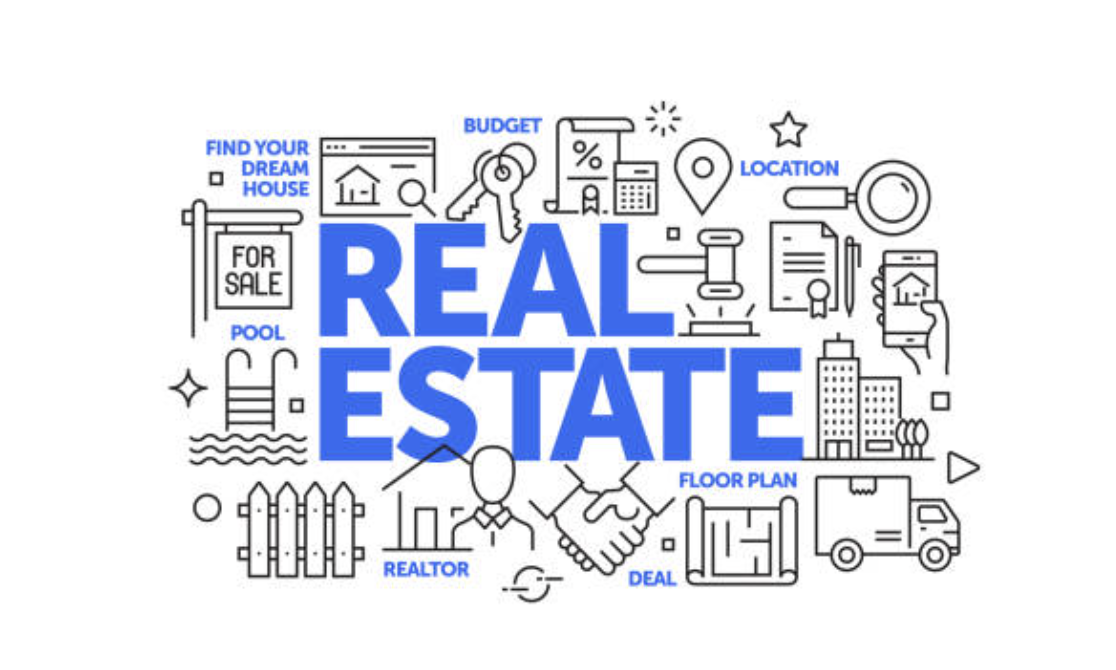The real estate industry in Canada is currently booming, with many open positions available for real estate agents. These professionals are business brokers who act as important entities in any real estate transaction. They facilitate all kinds of real estate transactions.
For instance, it includes residential properties and commercial properties apart from undertaking property management, offering urban planning services and real estate appraisal and salesperson appraisal services, and selling property of other possibilities.
If you are looking to provide any quality services, you need to complete certain formalities. Before officially becoming a real estate agent, you should clear exams, get hands-on training and experience, and finally, obtain a license.
Basic Details to Obtain a License
Some basic criteria for obtaining a license are that you should be 18 years old at the time of obtaining it and be a citizen of Canada [1].
You should also have completed a high school diploma in the 12th grade. Some provinces, like Nova Scotia, stipulate the minimum age as 19.
1. Undertake the Licensing Examination
The first step or practical requirement for becoming a real estate professional in Canada is obtaining a real estate license. This can be done by taking the real estate licensing exam, which is a written exam.
A real estate license application helps distinguish real estate professionals from other individuals and authenticates their dealings and practices.
However, the realtor’s exam for the license can be undertaken only by those who have completed a course in basic real estate licensing. These are called pre-licensing courses and can be completed at the individual’s own pace.
2. Take the Course
Different provinces of Canada have their own real estate councils offering these courses a written licensing exam. For instance, Prince Edward Island has its own licensing exam, a written exam conducted by the Prince Edward Island Real Estate Association (PEIREA) [2].
Also, there is a local real estate education board in many provinces. Though slightly different, each board teaches the same basics.
3. Get a Sponsorship
Along with these courses, you also need a sponsorship from a brokerage house. Such sponsorship helps you take the exam. However, as part of the pre-licensing training, you are expected to own certification courses and do some research regarding work ethics, work style, and principles on your own.
4. Articling

You must be a licensed real agent or a licensed agent assistant.
5 Requirements to Enter the Industry
Let us talk more about the real estate agent’s profile, and required qualifications to become a real estate agent or a realtor in Canada.
1. Education and Licensing Requirements
This differs from province to province in Canada. However, possessing the minimum educational qualifications and articling are core stipulations that are standard everywhere.
Nowadays, there are property-related courses available in colleges and universities (the latter offer graduate-level courses). But, in some provinces, you might need to undergo a particular type of education for the realtor.
Once you receive your real estate agent license, you can become a member of a large real estate professional organization in your province’s real estate association in Canada. They are known as the Canadian Real Estate Association (CREA).
This membership is a necessary step to work as a real estate salesperson, a buyer agent or a realtor. For a licensed real estate professional to be a member of the Canadian Real Estate Association CREA, you will have to meet certain criteria:
2. Adherence to the REALTOR Code
This code and following it is a guarantee that the real estate agent (or rental agent/licensed agent assistant) will ensure all professional standards are met [1].
In addition, you will provide excellent quality of the services provided. This is an important feature to note before people begin to start a serious real estate brokerage career.
3. Sound Knowledge About the Real Estate Industry
Real estate professionals should prove that they have thorough, extensive, and in-depth knowledge of the commercial real estate world. It would be best to showcase your interest before becoming a member of the Canadian Real Estate Association.
This includes selling property or familiarizing any bank or lending institution.
It also extends to handling the mortgage division and mortgage banking, knowledge about lending institutions, and urban planning and land development.
4. Continuing Education
The real estate agent’s knowledge, exposure, and professional training regarding various facets of the real estate market professionals needs constant upgrades. Hence, real estate professionals should attend other secondary courses.
You should attend to receive a certification:
- workshops
- professional development programs
- real estate salesperson program
For instance, the New Brunswick Real Estate Association requires a Mandatory Continuing Education program for its realtors.
5. Staying Connected With Other Professionals
All realtors who are members of CREA have access to board MLS Systems. This system facilitates the exchange of information between buyers and sellers, helping agents sell homes.
Steps to Becoming a Successful Real Estate Agent
Now, let us look at the steps that you need to take in order to become a successful realtor.
1. Pre-licensing Course and Licensing Exam
We have already discussed the various courses available to help you become a real estate agent. A bachelor’s degree, though preferable, is not a stipulation here.
The courses offered at the university level are graduate-level courses themselves. So, the career path and opportunities in this sector only open up after fulfilling all licensing requirements.
2. A Brokerage Firm to Partner With and Obtain Pre-licensing Training
It is important to note that the training also includes partnering with brokers or the brokers’ firms who sponsor your exam. You need to have some professional or practical training in the real estate profession before appearing for the exam and becoming a Canadian Real Estate Association member.
Exposure to dealing with clients and selling property can make you an effective real estate professional later on.
This is why most provincial regulators stipulate that individuals get some practical experience. This is true even before they obtain the license.
3. Applying to the Securities Commission for Your License
Once you have successfully cleared the licensing exam, you need to apply to the Securities Commission. This will help you to obtain your license formally. You need to pay a specified license fee for the same.
The Securities Commission will carry out a background check on you as part of this procedure. This usually takes up to 1-2 days’ time.
4. Completing Other Formalities to Function Effectively as a Licensed Real Estate Agent
Before being able to work effectively as a realtor, there are some additional things to take care of. In order to be able to work at their convenience, real estate agents need to practice adjustability to a lot of things.
One of the most important things to consider is maintaining all relevant paperwork pertaining to the properties. You will also have to keep them up-to-date and pay various taxes and utility bills on time.
Additionally, if you travel to work or offer clients meals, you need to keep track of such expenses.
Moreover, you should maintain a record of this. For example, you may spend money on signage and associated logos like ‘To rent’ or ‘Sold.’
It would help if you also spent on advertising through third parties. Recording and tracking such expenditures helps you and your real estate broker or brokerage firm leverage them against brokerage rates and commissions.
Takeaway
To add to the above points, you’ll need to be tech-savvy as the market agent to sell your homes, complete online, answer emails and phone calls, and organize appointments with the bank, institutions, possible buyers, and sellers.
Also, you’ll need a solid grasp of the industry, as well as the area and neighborhood in which you work. In the real estate broker program, you must also know architecture design and basic construction and have a working knowledge of the sector as it changes.
Want to become a real estate agent, a realtor, an office assistant in a local board, a real estate council, or a top property development or management company in British Columbia or any other province of Canada? Keep in mind these few high-level points.
For more information, contact the experts at PreCondo.







